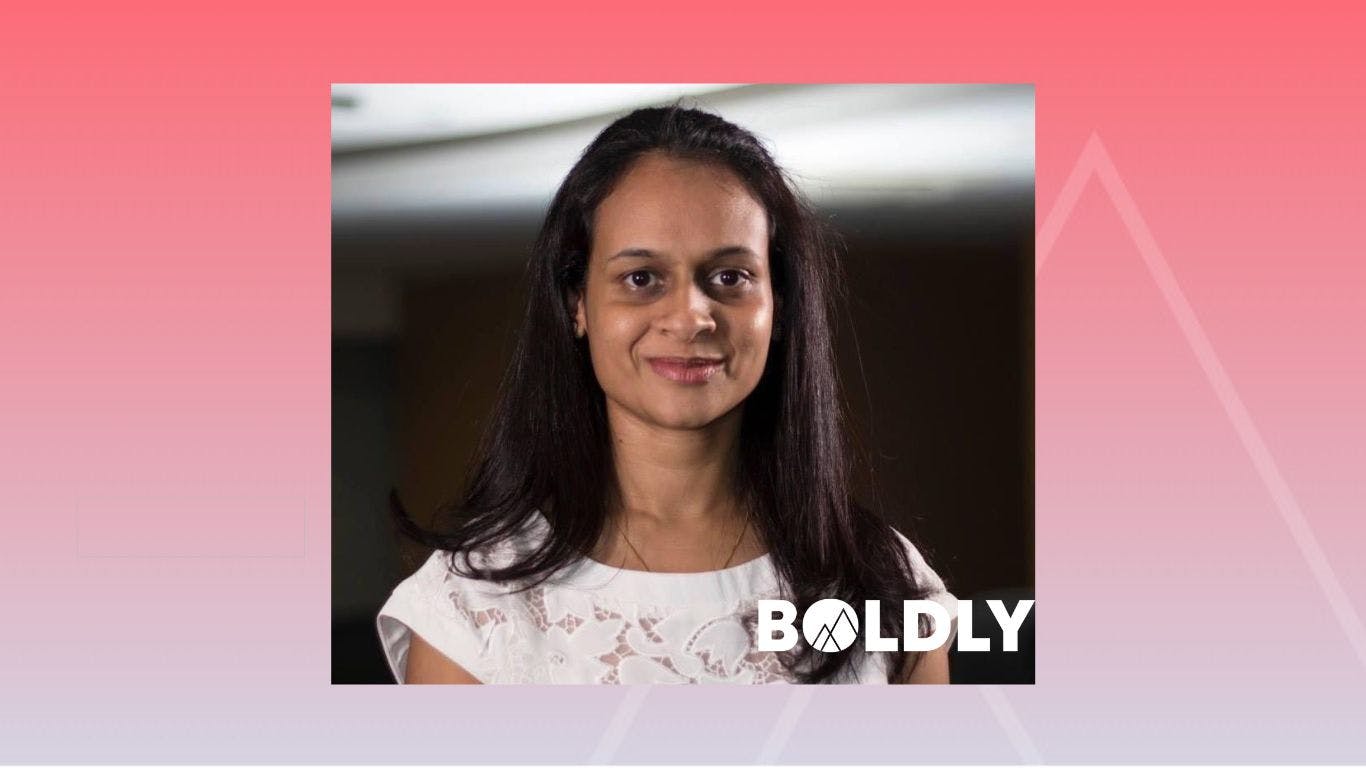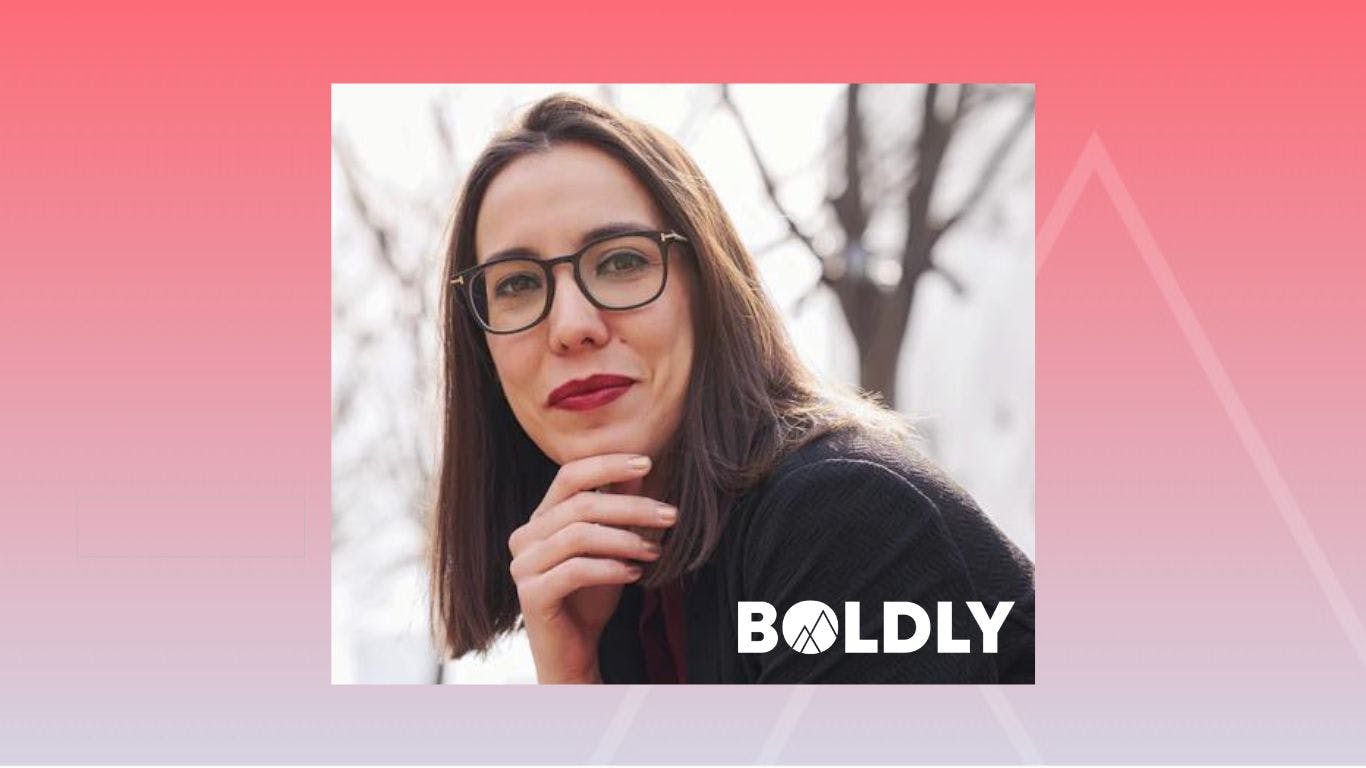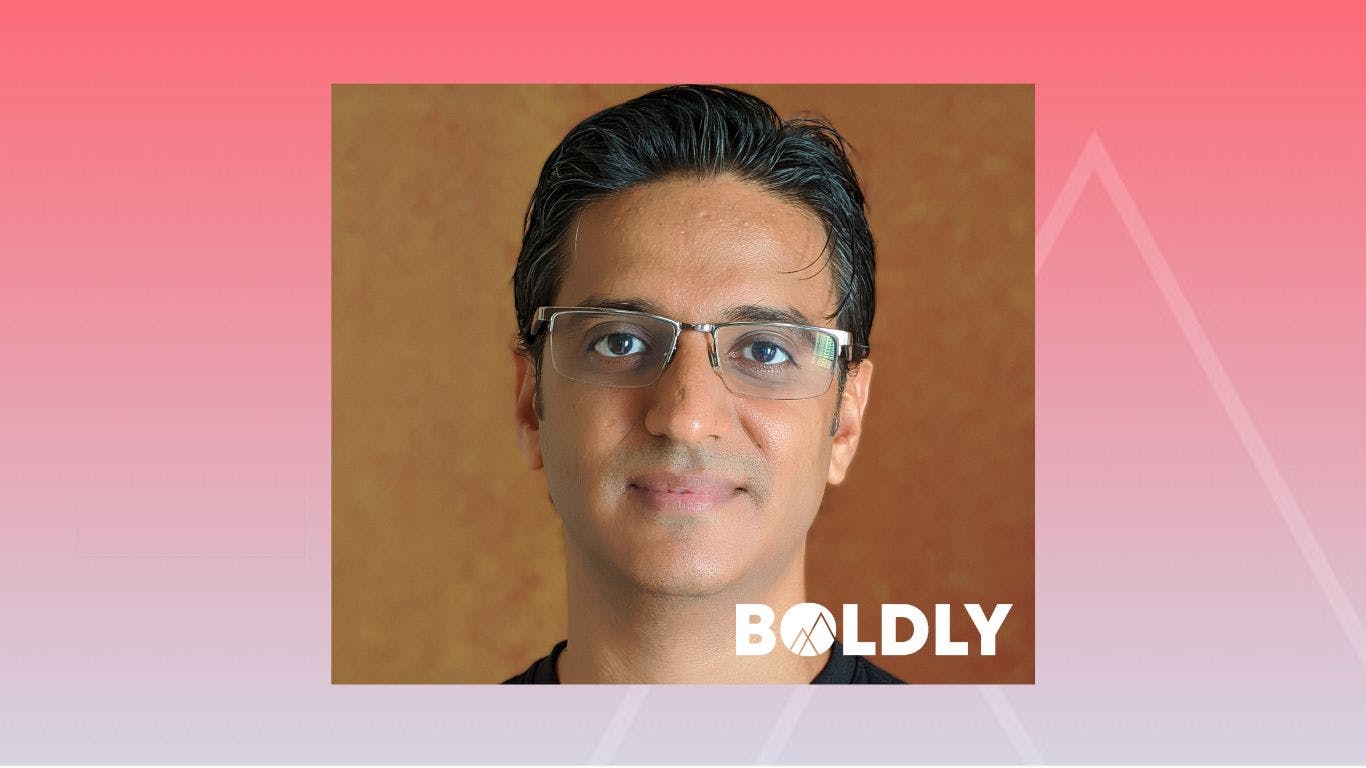Coach Spotlight: Coach Fiona
Posted by Lisa Singh
Welcome to our Coach Spotlight interview! This week we are delighted to host Californian- based ICF PCC , ICF ACTC coach and EMCC Senior Practitioner, Coach Fiona! We are eager to explore the valuable insights you'll bring to our audience. Let's begin!
1) If you could instantly master any skill, what would it be?
I would love to be fluent in multiple languages which for me as a coach (and otherwise), would open up numerous opportunities for communication and understanding cultures and helping people as they are most comfortable in their own language, needless to say make all my world travels so much more fun.
2) If you could live anywhere else in the world for a year, where would it be and why?
With my kids growing up and as I get settled in my own coaching practice, I am very happy where I am today. I don’t know what tomorrow holds but for today, I want to be where they are and spending all the time I can with them.
3) Your early career began in Hospitality and Tourism, what transferable skills from your hospitality career do you find most valuable in your role as a coach, and how do you leverage them to support your clients?
I thoroughly enjoyed my time and learning in the hospitality sector. The concept of Client centricity set in as early as then which has been perfect for my coaching journey. This skill translates into a deep commitment to client satisfaction, actively listening to their concerns, and going the extra mile to meet their needs. It helps in creating a supportive, client-centered coaching environment where clients feel valued and understood.
Others skills that have strengthened me as a coach are:
- Communication skills- listen more so you can thoroughly understand the client.
- Flexibility and adaptability – the need to adapt quickly to changing circumstances and diverse client needs. As a coach, adaptability means being able to tailor coaching techniques and strategies to suit individual client profiles, ensuring that the coaching approach remains effective and relevant to each client's unique situation.
- Cultural sensitivity- The hospitality sector requires interacting with people from a wide range of cultural backgrounds which is very beneficial in coaching to respect and understand diverse perspectives, beliefs, and values. It helps in creating an inclusive coaching environment where all clients feel respected and understood.
4) How do cultural norms and values influence the dynamics of coaching relationships globally, especially as you have worked and lived across continents?
A little of what I alluded to above is my immersion into culture and diversity began early in my career. This journey took further root during my tenure in India, where I observed women exiting the workforce at mid-management levels for personal and family reasons without fully exploring their options or voicing their needs for a more holistic decision-making process which may have impacted their plans. This often led to personal regret and challenges in re-entering the workforce. This started me on my journey as a coach to help people explore all options an hence their fullest potential.
Coaching across Asia and the United States has taught me that while certain human facets are universal—like the quest for improvement, support, and clarity—cultural variances significantly influence coaching dynamics. For instance, attitudes towards authority, communication styles, and societal expectations around career and family vary widely which enhances and challenges me as a coach.
Having said that, due to the global mobility of people, I continue to coach a diverse clientele of all nationalities even while based in the U.S., allowing me to stay connected with a broad spectrum of cultures. These experiences underscore the importance of cultural sensitivity in coaching, emphasizing the need to adapt to both the universal and unique aspects of each client's context to foster effective, meaningful coaching relationships.
5) How do you believe fostering a culture of coaching within an organization contributes to employee development and overall success?
Coming from a background of two decades in Talent & HR, and having spent years as both a Coach and a Coach trainer to leaders, my conviction in the value of coaching has only deepened, especially in today's rapidly changing world influenced by both external and internal factors. People are increasingly demanding more from themselves and their organizations, highlighting the critical need for coaching to maintain balance and support growth.
Fostering a culture of coaching within an organization significantly contributes to employee development and overall success in several ways such as enhanced personal growth, organizational growth and performance, engagement and retention, stronger work culture impacting hiring, increased leadership capability and hence succession planning, ultimately a better place for everyone to grow and thrive.
Personally, I have seen leaders and managers stay and flourish with the support of coaching which otherwise may not have happened.

6) How does the presence of utilizing an external coach within an organization contribute to employee engagement, retention, and overall workplace satisfaction?
Many organizations utilize both internal and external coaches, recognizing that each plays a crucial role depending on the organization's culture, outlook, and specific needs. Internal coaches, being part of the organization, have a deep understanding of its values, culture, and internal dynamics, which can be beneficial for coaching interventions that require a nuanced understanding of the organizational context. On the other hand, external coaches bring distinct advantages that complement the contributions of internal coaching programs such as:
- Specialized/ additional coaching skillsets which may not exist and are needed for the diverse workforce
- Higher level of trust within employees leading to more meaningful conversations and outcomes. Confidentiality is key.
- Outside in perspective helping to challenge traditional norms and helping innovative thinking building an adaptive organization culture. Many coaches like me come with an expansive experience and background that can certainly add value to the employee and organization due to specialized services.
- Flexibility for an organization to scale up or down depending on its requirements
7) What has been your most impactful coaching success story so far?
Each coachee' journey is distinct, filled with its own set of challenges and milestones. As a coach, the personal satisfaction and impact I derive from my work comes from meeting each individual where they are and supporting them in growing to where they want to go. It' about recognizing the unique path each person is on and guiding them through their transformation.
The one, which has challenged and thoroughly satisfied me to coach and partner with, is Mary. Transitioning from a non-corporate background into the corporate world later in her career, Mary's journey presented unique challenges and learning opportunities for both of us.
She came from an initial career in a community-focused environment was vastly different from the fast-paced, competitive corporate culture she stepped into. This dramatic shift brought to the forefront struggles with adapting to a new way of working, understanding corporate dynamics, unspoken norms and expectations., managing the overwhelming feeling of not fitting in. She often found herself on the back foot, grappling with imposter syndrome and questioning her place in this new world. Her struggles were compounded by the challenge of asserting herself and her ideas amidst a culture that was both alien and intimidating.
Our coaching sessions became a space for Mary to explore and understand the nuances of her new environment. We delved into her strengths and values, aligning them with the demands of her corporate role. Through reflective exercises, we pinpointed the aspects of corporate culture that felt most daunting and developed strategies to address them. We celebrated small wins, navigated organization culture and dynamic and helped her gain an immense amount of self confidence and worth in herself.
Her transformation was profound as she successfully navigate her transition, but also emerged as a beacon of innovation within her team, earning a nomination for a distinctive award in recognition of her contributions. This achievement was not just a personal victory for Mary but a testament to her hard-fought journey of growth and adaptation. Godspeed Mary and thank you for having me partner with you on this beautiful journey!
8) With the rise of remote workplaces, how have you found your coaching has evolved?
With the rise of remote workplaces, the evolution of my coaching practices has been both significant and enriching. As a coach with many years of experience, I have had the good fortune of transitioning from in-person coaching to remote coaching and back again now. This shift has profoundly influenced my approach and the dynamics of the coaching relationship, enabling me to adapt and refine my coaching practices to meet the changing needs of clients.
Changes that I have enabled within myself are:
Connections and Trust- Lack of physical presence and in person relationship building has given way to enhanced focus on creating a strong, trusting relationship for effective coaching which can be achieved through consistent, open communication, genuine empathy, and a steadfast commitment to the client's growth and confidentiality
- Deepening Emotional intelligence- necessitated for me and my client. In a remote setting, understanding and navigating emotions become crucial, as the physical cues we often rely on are minimized increasing the reliance on empathy, self-awareness, and emotional regulation to make the conversation meaningful.
- Enhanced preparation and follow up – A more structured approach has emerged in this setting. Extra attention is given to setting the agenda for each session and summarizing key takeaways and actions at the end.
9) How do you navigate the complexities of confidentiality and trust while providing coaching services to high-level executives within organizations?
As an ICF-certified coach, adhering to a clear code of ethics, especially around confidentiality and trust, is paramount in my practice. Navigating the complexities of confidentiality and trust while providing coaching services to high-level executives within organizations involves several key strategies such as:
- Overall- Clear agreements at the outset with all relevant parties which includes what information (if any) will be shared with the organization and under what circumstances, ensuring privacy of the coachee is protected while meeting the organization's needs for accountability and progress updates,
- Coachee - Maintain confidentiality and creating a safe space - all conversations within the coaching session remain private unless the coachee gives explicit permission to share specific information to ensure the coachee feels very confident to open up and have a meaningful conversation.
- Organization - Managing sensitive information that may be uncovered during a conversation that may have implications for the organization, I work with the coachee to ensure appropriate and timely information is provided based on their comfort level. This approach respects the coachee's autonomy while addressing organizational concerns.
- Coaching Process Integrity - Maintain professional boundaries when working with senior leaders to ensure the coach-coachee relationship is held irrespective of power dynamics, if any.
- Coach’s Professional Development- I seek regular supervision and peer coaching sessions to work through complex situations and imbibe the right coaching mindset thereby upholding the highest standards of professional conduct, including confidentiality and trust expected from me. Continuous professional developments is also key.
10) Lastly, how do you tailor your coaching approach to meet the specific needs and objectives of your executive clients, and what results or outcomes can they expect from working with you?
With 25 years of experience in the corporate sector, having lived and navigated through the complexities of this life myself, plus undergoing extensive coach training, I was able to recognize early on the need for uniquely tailored coaching approaches for executives.
This insight led me to build my learning framework on a range of areas, including becoming a certified ICF Professional Coach (PCC), an ICF certified Systemic Team Coach (ACTC), an EMCC Senior Practitioner (EIA SP), and acquiring additional training in Emotional Intelligence, Positive Psychology, Cognitive Behavioral Techniques (CBT), Positive Intelligence and more. I am also undergoing certification in Hogan and 360 assessments. This comprehensive professional development, combined with my corporate experience, equips me to handle a multitude of unique requests across all levels of executive coaching.
Understanding the specific needs and objectives of my executive clients involves a personalized and strategic approach that acknowledges each individual's unique context, goals, and challenges. This is done by using my coaching model – PATHS
- Purpose: identifying the goals and desired state
- Awareness: Use assessment to ascertain current state
- Transformation: Focusing on the change process and milestones to achieve desired state
- Habits: Building new habits and routines to support change and achieve goals
- Success: Defining and measuring success, celebrations and reflections
This approach, grounded in the foundation of training & certifications, methodologies, and extensive corporate experience, ensures that the coaching engagement delivers impactful and meaningful results, supporting executives in reaching their full potential and contributing to their personal satisfaction and organizational success.
Thank you once more, Coach Fiona, for joining us in this week's BOLDLY Coach Spotlight! To schedule your complimentary 30-minute chemistry session with Coach Fiona or to delve deeper into the range of services we provide at BOLDLY, visit www.boldly.app or reach out to us via email at connect@boldly.app
About the Author:
Lisa Singh is an Australian, living with her family in the beautiful South Pacific. As Coach Business Partner Lead for BOLDLY, Lisa's team screen and onboard coaches onto our global marketplace, then enable the matching and engagement process so that coaches can do what they do best: deliver exceptional coaching journeys to our coachees. Lisa is a trained nurse, and her role with BOLDLY she loves meeting top coaches and promoting their work for a win:win. Connect with Lisa .




